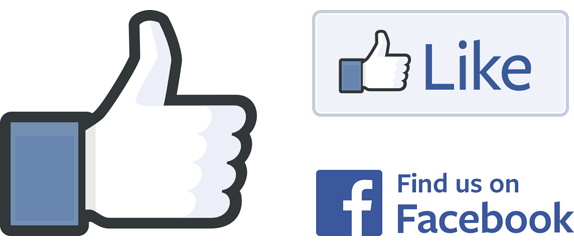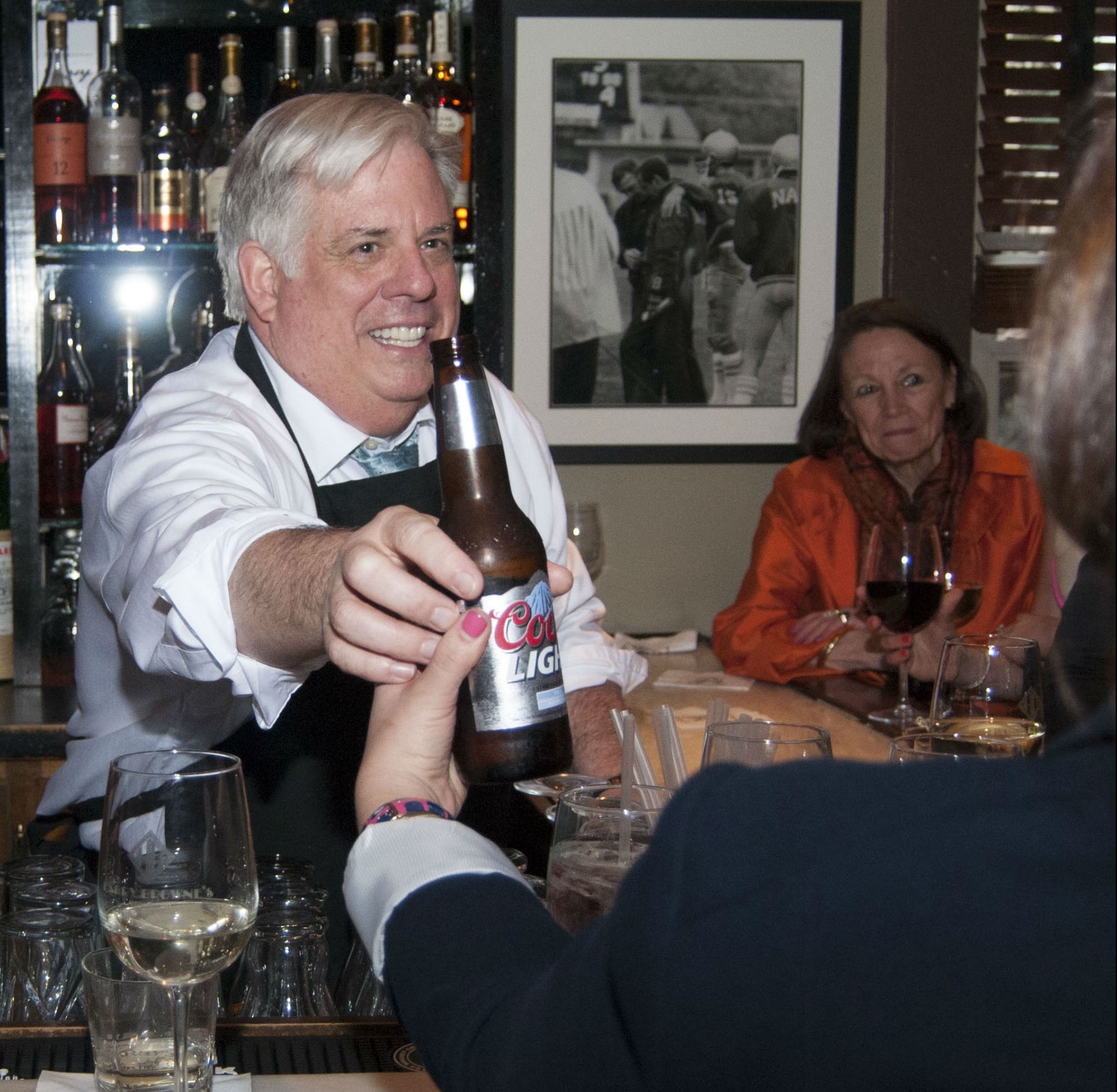“Like” doesn’t necessarily mean like, and a “friend” isn’t necessarily a real friend — on Facebook at least. And a “follower” on Twitter certainly doesn’t mean a disciple.
Explaining how journalists use social media seemed like a good idea after a close friend exclaimed that I had “taken sides” when I “liked” a page for a candidate she was working to defeat. And then another reader was incensed when a newspaper’s Facebook page “liked” the Facebook pages of a whole bunch of Democratic officials.
Using Facebook, Twitter and other social media to keep up with the doings of candidates is so commonplace among journalists these days that we hardly give it a thought. That was not true in the early stages of Facebook when journalists actually discussed whether it was appropriate to “friend” a candidate or public official.
That discussion some years ago at a Society of Professional Journalists meeting led me to post a statement on my Facebook page:
“I use my Facebook page only for people I’ve met covering Maryland government and politics or who are fellow journalists. Being a ‘friend’ or ‘liking’ a page implies no endorsement of a politician or a candidate. Just staying in touch with all sides.”
Since I just had trouble finding that statement buried on my profile amidst all the other information, I can’t imagine anybody much noticed my discretion.
Policies at other news organization
Various news organizations have policies about use of social media, but most people in the business recognize that social media must be part of our information gathering.
Officials and candidates now make social media an important element of their campaigns and public relations. I was only vaguely aware of this six or seven years ago when Republicans in the legislature complained loudly after they were briefly blocked from access to Facebook from their legislative computers.
There is an immense amount of junk and stupid stuff on Facebook — “you’ll be amazed,” say the teasers — not to mention the ads that keeping popping up more frequently. But there is also useful information. It is sometimes the first way I learn about a story I want to follow or put in our daily roundup.
“Following” someone on Twitter has a more neutral connotation, but the brevity of a tweet often leads to curtness and name-calling.
I’ve posted below the policies for social media from the Poynter Institute, a major source of advanced professional training for journalists, and a brief statement from National Public Radio about its use of social media. Other news organizations have similar policies — some more restrictive, some more permissive.
If we “like” or “friend” someone and not their opponent, it may be because a candidate or official has been actively trolling for friends and likes. And their opponent may not have a page or a very active one.
Or maybe we just forgot or got distracted, which happens much more often than the nefarious motives people often assume.
So don’t hesitate to ask why we did or didn’t do something, like “like” your favorite candidate.
–Len Lazarick
From the Poynter Institute’s advice to journalists on social media:
- Use the tools, such as limited profiles and privacy settings, to restrict access to your most private information.
- Recognize that your actions can be misinterpreted. You may sign up for a group to get story ideas, but people may see you as a fan. State your intentions often, in wall posts and other notifications. When appropriate, tell groups when you are signing up that you are looking for story ideas.
- One strategy might be to sign up for lots of groups. If you become a fan of a political party, become a fan of the other parties as well.
- Manage your friends and their comments. Delete comments and de-friend people who damage your reputation.
From National Public Radio
“NPR journalists may, in the course of their work, “follow” or “friend” Twitter accounts, Facebook pages and other social media sites created by political parties and advocacy groups. But we do so to monitor their news feeds, not to become participants, and we follow and friend sites created by advocates from all sides of the issues. It’s as basic a tool as signing up to be on mailing lists used to be.”





Supposedly, there is a “Follow” function for Facebook, too – addressing the need to “Like” a page to keep track of it. I haven’t tried it yet, but I think a few people “Follow” me on Facebook, so it must be possible.
Many journalists have gotten past “like” and have connected with sources on Facebook, but for me, the meaning of the word is the same. “Friend” is a bigger concern. I won’t become “friends” – Facebook or otherwise – with anyone I cover.
A journalist can take other measures, such as “friending” both opposing candidates, but people don’t necessarily look for background and context when they form opinions about a specific situation.
On the other hand, I know journalists who simply “friend” everyone, lest they be accused of favoritism. Not bad for them, I suppose, but it’s not for me.
I wish there were different words (“Acknowledge”?), but Facebook wasn’t designed for fence-sitting journalists.
“Follow” on Twitter seems much better. It’s like signing up to be on an email list.